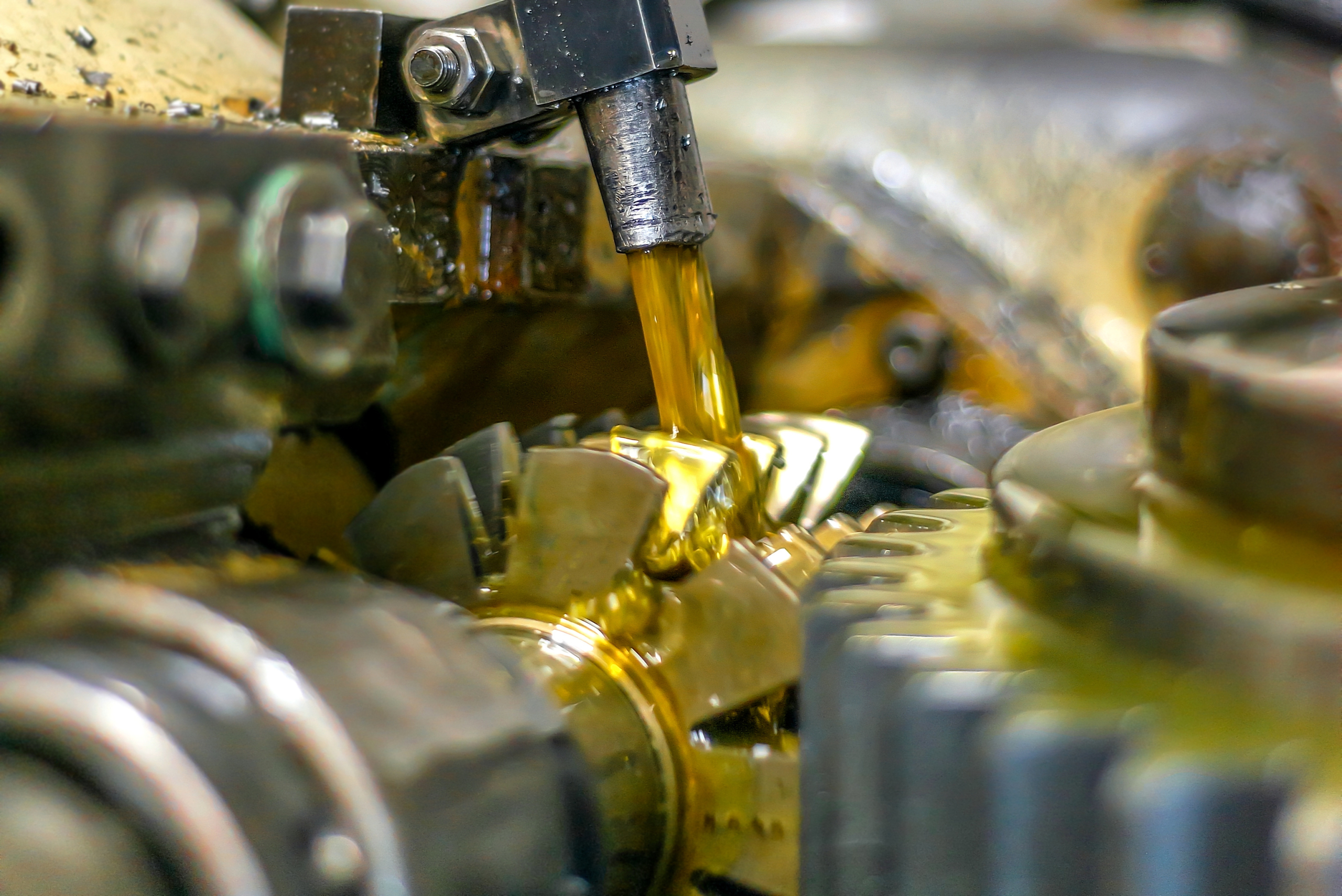
How Industrial Lubricants Have Evolved Through the Years
Without modern industrial lubricants, we simply wouldn’t have most of the machines and systems we take for granted today. The equipment we did have wouldn’t last nearly as long or operate as smoothly and efficiently.
As a major fuel supplier and purveyor of high-quality industrial lubricants, Mansfield Service Partners stays in the know about the best products available and notable innovations in this space.
This article from Mansfield Service Partners provides a quick overview of industrial lubricants’ history and a glimpse into the future.
The Ancient Origins of Machine Lubrication
The first industrial lubricants were developed out of necessity. When mankind developed the wheel and horse-drawn wagons and chariots and started covering longer distances, they soon recognized a need to reduce friction and subsequent wear.
Archeological evidence suggests that the ancient Egyptians invented the first industrial lubes based on animal fats. The ancient Egyptians applied these lubricants to contact points between moving parts on chariots and land sleds.
The Romans were legendary for their mechanical engineering and ingenuity. They are believed to have been the first to begin using plant-based industrial lubricants made from olive and rapeseed oils in addition to animal fats. These oils worked well in mechanical applications where lighter oils were needed.
Industrial Lubricants in the Early Petroleum Age
Lubrication didn’t change much for more than a thousand years. We found new sources of industrial lubricant bases in nature and learned about their different properties and where they would be most useful. But we were still limited to simple, minimally processed plant oils and animal fats.
And so it was, until one fateful day in Titusville, PA, in 1859, that would change the world forever.
That was the day the first oil well was drilled, and it set the Industrial Revolution into overdrive. At first, oil production was focused mostly on making kerosene for lanterns. But it didn’t take long at all before we recognized that a wide range of petroleum products could make industrial lubricants that were vastly superior to the plant—and animal-based lubes we had been relying on.
Industrial lubricants made from petroleum were superior in many ways, including:
- Petroleum-based lubricants are more stable and tolerate much higher temperatures.
- Petroleum-based lubricants resist oxidation much better than natural oils do.
- Industrial lubricants made from petroleum have a much longer service life.
- Petro-lubricants handle heavy loads and pressure far better, forming stable boundary films between metal parts.
Industrial Lubricant Development Through the 20th Century
The 20th century saw the peak of the Industrial Age. In less than 50 years, we went from the first automobile to the Wright Brothers taking to the skies over Kitty Hawk, NC. Fifty years after that, America was an industrial powerhouse, building the best commercial aircraft in the world and leading the automobile industry.
The invention of the automobile and the Ford Model T, which put them within reach of the everyman, had a great deal to do with raising the demand for better lubricants—not only for cars, trucks, and airplanes but also for the machines in the factories building them—and all the other technological wonders of mid-century America.
The Evolution of Synthetic Industrial Lubricants
Synthetic lubricants are a much older idea than most people realize. In 1877, French chemist Charles Friedel and American collaborator James Mason Crafts developed the first synthetic industrial lubricant. However, more than fifty years would pass before synthetic lubricants reached the commercial market.
America’s thriving aerospace industry needed lubricants that could outperform anything on the shelf. Luckily, conditions in the 20th century created a perfect environment for innovation, and high-quality synthetic lubricants for industrial use were developed in the 1950s.
These advanced lubricants could withstand temperature extremes that would cook petroleum lubes or turn them into frozen goo. They also withstand pressure and sheering forces far better and resist breakdown far longer.
How Synthetic Lubricants Changed the World
Over the decades between the 1950s and the 1980s, synthetic lubricants became more popular and more affordable. No longer limited to the aerospace industry, they could benefit everyone from over-the-road truckers to manufacturing plant operators.
Synthetic industrial lubricants change the world in more ways than one. Not only could motorists and machine operators expect longer service life out of their valuable investments, but engineers could also develop engines, compressors, and machinery designed with synthetic lubricants in mind.
Synthetic industrial lubricants were a game changer because:
- They increased the longevity of engines and machines substantially.
- They could perform well in environmental extremes.
- They allow for longer service intervals, which saves money.
- They improve efficiency and performance and lower temperatures.
The Trifecta: Performance, Longevity, and Protection
Today’s engines and machinery of all types are designed with much more precise tolerances than were possible before. Advances in metallurgy combined with modern synthetic lubricants mean that the machines we use today stay reliable longer while operating more efficiently. They use less power and do more work. Less friction also means lower temperatures.
The advanced industrial lubricants we use now are often purpose-built, too—tailor-made with the ideal properties to do a specific job. Sophisticated additive packages help protect surfaces, gaskets, pumps, compressors, and impellers. It’s extraordinary just how much impact the development of advanced industrial lubricants has had in less than a hundred years.
Mansfield Service Partners for Industrial Lubricants
Mansfield Service Partners has been the industrial lubricant supplier American businesses trust since 1932. Whether you need high-performance lubricants, quality diesel fuel, or DEF, MSP is the company to call on.
Contact Mansfield Service Partners for your business today. Reach us at (800) 683-1331 or email any inquiries to info@mansfield.energy

